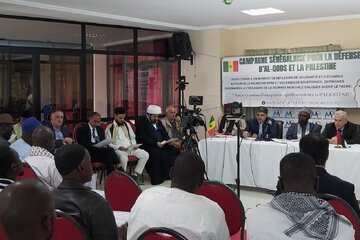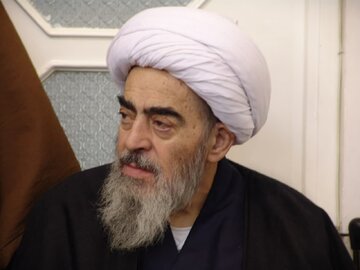به گزارش خبرگزاری بینالمللی اهلبیت(ع) - ابنا - سازمان بینالمللی غیردولتی «هندیکپ» درباره احتمال قربانی شدن دهها هزار نفر از ساکنان غزه به علت وجود مهمات منفجر نشده لابلای آوارها در این منطقه هشدار داد.
طی ۱۵ ماه جنگ در غزه که با عملیات بیسابقه حماس در هفتم اکتبر ۲۰۲۳ آغاز شد، مقدار بسیار زیادی مواد منفجره و مهمات بر سر ساکنان این منطقه ریخته شد.
«سایمون المونت» کارشناس پاکسازی مواد منفجره در موسسه بینالمللی «هندیکپ» معتقد است درصد مهمات منفجر نشده در جنگ ها بین ۹ تا ۱۳ درصد است که به این ترتیب میتوان پیشبینی کرد دهها هزار بمب و موشک منفجر نشده در نوار غزه باقی مانده است و در صورت هرگونه تعامل اشتباه با آنها ممکن است منفجر شوند.
به گفته المونت، این آلودگی گسترده عمدتا بین آوارها و زیر سطح زمین در نوار غزه وجود دارد.
المونت افزود: با توجه به این که صدها هزار نفر از ساکنان غزه از زمان آغاز اجرای آتش بس در ۱۹ ژانویه شروع به بازگشت به شمال نوار غزه کردهاند، قابل پیشبینی است که این افراد برای یافتن داراییهای شخصی خود در زیر آوارها تلاش کنند یا وارد ساختمانهای آسیب دیده یا تخریب شده شوند و شروع به آواربرداری یا بازسازی خانه هایشان کنند.
این کارشناس بینالمللی هشدار داد، ممکن است صدها یا حتی هزاران نفر در انفجار مهمات منفجر نشده در نوار غزه کشته شوند یا آسیب ببینند.
سازمان «هندیکپ» وجود مقدار زیادی مهمات منفجر نشده در غزه را تهدیدی بزرگ برای ساکنان این منطقه توصیف کرد.
به گفته المونت، یکی از مشکلاتی که در مسیر پاکسازی غزه از مهمات منفجر نشده وجود دارد این است که تخلیه ساکنان مناطق آسیب دیده غیرممکن است زیرا آنها جایی برای رفتن ندارند.
_____
پایان پیام






نظر شما